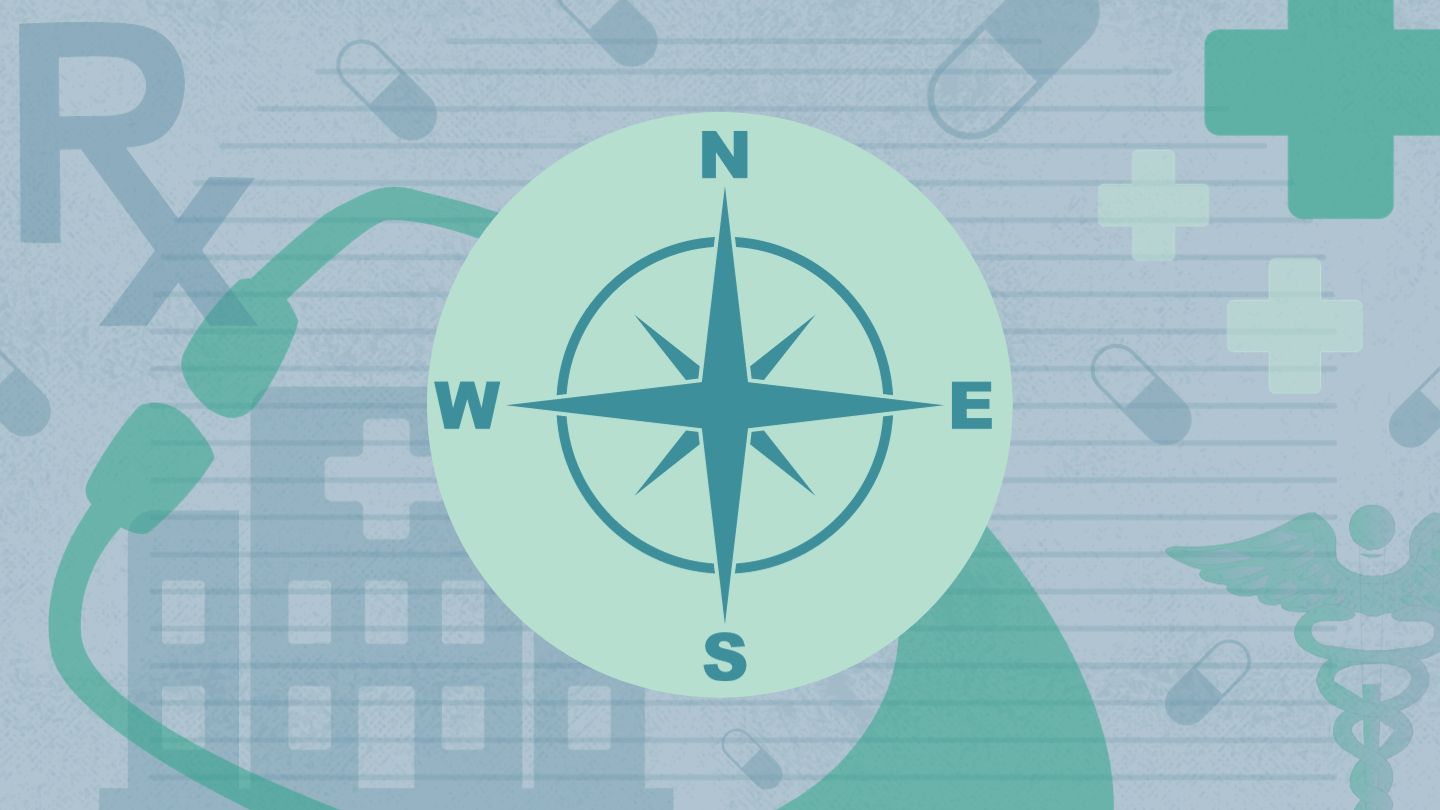Care health insurance is a crucial aspect of financial planning for individuals and families, providing a safety net during unexpected medical situations. This guide delves into the intricacies of health insurance, offering valuable insights and practical advice in making informed decisions.
As we explore the different types of health insurance plans, coverage options, and tips for choosing the right insurance, readers will gain a comprehensive understanding of how to prioritize their healthcare needs effectively.
Importance of Health Insurance
Health insurance plays a crucial role in providing financial security and peace of mind for individuals and families. It serves as a safety net during medical emergencies, ensuring that people can access necessary healthcare services without worrying about the high costs involved.
Financial Security During Medical Emergencies
Health insurance coverage helps individuals and families cope with unexpected medical expenses, such as hospital stays, surgeries, and prescription medications. Without insurance, these costs can quickly accumulate and lead to financial strain.
Managing Healthcare Costs
Having health insurance enables individuals to benefit from negotiated rates with healthcare providers, reducing the overall cost of medical services. This can make healthcare more affordable and accessible for those covered by insurance.
Benefits of Health Insurance vs. Out-of-Pocket Payments
Health insurance provides a financial safety net that protects individuals from the burden of paying for medical expenses out of pocket. Without insurance, individuals may delay or forego necessary medical care due to cost concerns, potentially leading to worsened health outcomes.
Types of Health Insurance Plans
Health insurance plans come in various types, each with its own set of coverage options and network restrictions. Understanding the differences between HMOs, PPOs, EPOs, and POS plans can help individuals choose the best option for their healthcare needs.
Health Maintenance Organization (HMO)
- HMOs require members to choose a primary care physician (PCP) from a network of healthcare providers.
- Referrals from the PCP are needed to see specialists or receive non-emergency care.
- Typically, HMOs have lower out-of-pocket costs but limited provider choices.
Preferred Provider Organization (PPO)
- PPOs offer more flexibility in choosing healthcare providers without requiring a referral.
- Members can see specialists without PCP approval, both in-network and out-of-network, albeit at a higher cost.
- Higher premiums and deductibles compared to HMOs but broader provider networks.
Exclusive Provider Organization (EPO)
- EPO plans only cover care from in-network providers, except in emergencies.
- Similar to PPOs in terms of not needing a referral to see specialists.
- Typically have lower premiums than PPOs due to the restricted network.
Point of Service (POS)
- POS plans combine features of HMOs and PPOs, requiring a PCP but allowing out-of-network coverage.
- Higher out-of-pocket costs for out-of-network care compared to in-network services.
- Members have the option to see specialists without a referral.
High-Deductible Health Plans (HDHPs) with Health Savings Accounts (HSAs)
- HDHPs have lower premiums but higher deductibles that must be met before insurance coverage kicks in.
- HSAs allow individuals to save money tax-free for medical expenses, providing a way to cover high deductibles.
- Advantages include lower premiums and tax benefits, while disadvantages include high out-of-pocket costs.
Comparison: Traditional Fee-for-Service vs. Managed Care Plans
- Fee-for-Service plans offer more flexibility in choosing providers but often have higher out-of-pocket costs.
- Managed care plans like HMOs and PPOs focus on cost-effective care through network restrictions and utilization management.
- Managed care plans may require referrals and have lower out-of-pocket costs but limit provider choices.
Coverage and Benefits
Health insurance plans offer a variety of coverage options and benefits to ensure individuals have access to necessary medical services. It is essential to understand these aspects to make informed decisions about your healthcare.
Common Health Insurance Coverage Options
- Hospitalization: Covers expenses related to hospital stays, surgeries, and other inpatient services.
- Prescription Drugs: Helps offset the cost of medications prescribed by healthcare providers.
- Preventive Care: Includes services like annual check-ups, vaccinations, and screenings to maintain overall health.
- Mental Health Services: Provides coverage for therapy, counseling, and treatment for mental health conditions.
Understanding Co-pays, Deductibles, and Coinsurance
- Co-pays: Fixed amounts paid for specific services, such as doctor visits or prescriptions.
- Deductibles: The amount you must pay out of pocket before the insurance starts covering costs.
- Coinsurance: The percentage of costs you share with the insurance company after meeting your deductible.
Coverage for Pre-existing Conditions
- Health insurance plans may vary in how they handle pre-existing conditions, with some offering full coverage and others imposing waiting periods or limitations.
- It is crucial to review plan details to understand how pre-existing conditions are covered and any associated restrictions.
Additional Benefits in Health Insurance Policies
- Dental Care: Some policies include coverage for dental services like cleanings, fillings, and extractions.
- Vision Care: Provides benefits for eye exams, glasses, and contact lenses.
- Maternity Care: Offers coverage for prenatal visits, labor and delivery, and postpartum care.
Choosing the Right Health Insurance
When it comes to choosing the right health insurance plan, there are several factors to consider to ensure you have coverage that meets your needs while also being cost-effective. It's crucial to assess your healthcare requirements and understand the various options available to make an informed decision.
Factors to Consider
- Premiums: Compare the monthly premium costs of different plans. A lower premium may mean higher out-of-pocket costs, so consider your budget and healthcare needs.
- Deductibles: Check the deductible amount you will have to pay before your insurance kicks in. A high deductible usually means lower monthly premiums.
- Network Coverage: Look at the network of doctors and hospitals included in the plan. Make sure your preferred healthcare providers are in-network to avoid extra costs.
- Out-of-Pocket Costs: Consider co-pays, co-insurance, and maximum out-of-pocket limits. Understand how much you will have to pay for services beyond premiums.
Assessing Your Healthcare Needs
- Review your medical history and expected healthcare needs for the upcoming year. Consider any ongoing treatments, medications, or potential surgeries.
- Estimate the frequency of doctor visits, prescription medications, and any specialized services you may require. This will help you choose a plan with adequate coverage.
Role of Insurance Agents and Online Resources
- Insurance agents can provide personalized guidance based on your needs and budget. They can explain different plan options and help you navigate the enrollment process.
- Utilize online resources, such as comparison tools and reviews, to research different health insurance plans. Read customer feedback and ratings to get insights into plan benefits and customer satisfaction.
Comparing Health Insurance Plans
- Make a list of your priorities, such as cost, coverage, and provider network. Compare plans side by side to evaluate premiums, deductibles, and out-of-pocket costs.
- Consider the benefits offered, such as preventive care, prescription drug coverage, and mental health services. Look for additional perks like telemedicine or wellness programs.
- Review the summary of benefits and coverage (SBC) for each plan to understand the details of coverage, exclusions, and limitations. Pay attention to any restrictions or requirements.
Conclusive Thoughts
In conclusion, care health insurance is not just about coverage; it's about peace of mind and preparedness for whatever health challenges life may bring. By arming yourself with knowledge and awareness, you can navigate the complex world of health insurance with confidence and clarity.
FAQ Corner
What is the importance of having health insurance?
Health insurance provides financial security during medical emergencies and helps in managing healthcare costs efficiently.
What are the different types of health insurance plans?
There are HMOs, PPOs, EPOs, and POS plans, each with unique coverage and network restrictions.
What are common health insurance coverage options?
Common coverage options include hospitalization, prescription drugs, preventive care, and mental health services.
How do you choose the right health insurance plan?
Consider factors like premiums, deductibles, network coverage, and out-of-pocket costs, and assess your healthcare needs to make an informed decision.








